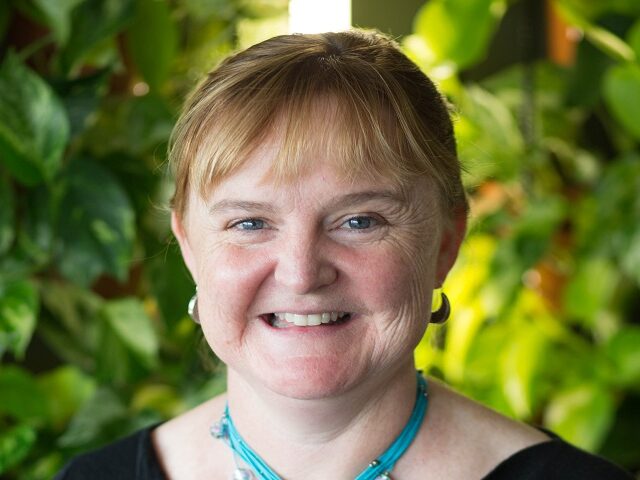
A Bachelor of Science in genetics and biochemistry fueled Casey’s love of research and a Master’s in Environmental Science and Hydrogeology. It inspired her to devote a career in finding innovative and clever solutions to help solve the environmental challenges we face in our world today.
What inspired you to get into your field of study?
For ten years, I worked in the environmental and medical research field, so have a strong background in environmental microbiology and biochemistry relating to both groundwater and soil environments.
With an interest in the environment and a desire to apply my well-honed research skills to real world solutions, I decided to study a Master of Environmental Science and Hydrogeology at the University of Melbourne.
I’ve now been working as an environmental consultant for 15 years and derive great satisfaction from applying my knowledge and ideas to client’s problems to find sensible, robust, and innovative solutions.
How long have you been working at Coffey?
Since 1999. I worked for a firm called DASCEM, which was later acquired by Coffey who later joined the Tetra Tech family in 2016.
What attracted you to work with us?
I’m someone who loves a challenge and Tetra Tech Coffey has offered me the opportunity to work on large federal government sites that deal with complex problems that include logistical, technical and political issues.
Tell us about the challenges and rewards you face in your role.
I am often involved with projects where the information we have is complex, contradictory, and/or incomplete. I enjoy analysing the details, creating a picture of the site, and determining what additional information can be collected to identify the risks and what actions are required to mitigate them.
Through the collection of a little more data and further analysis of what is otherwise a completed investigation, we can often confirm that minimal intervention is required. If action is required, we then look at how we can reduce the risk in a smart, scientifically robust and environmentally responsible way.
If you could go back in time, what advice would you give yourself starting out in your career?
Read widely and talk to experts in the field who understand the site.
Return to the source material to really understand the concepts and always be open to new ideas; at the end of the day make up your own mind because you need to be able to support your position.
Always get involved in forums where information is exchanged; the connections you make when sharing and discussing new ideas are invaluable and often unexpected.